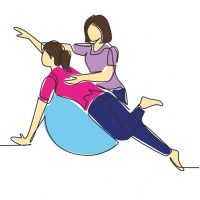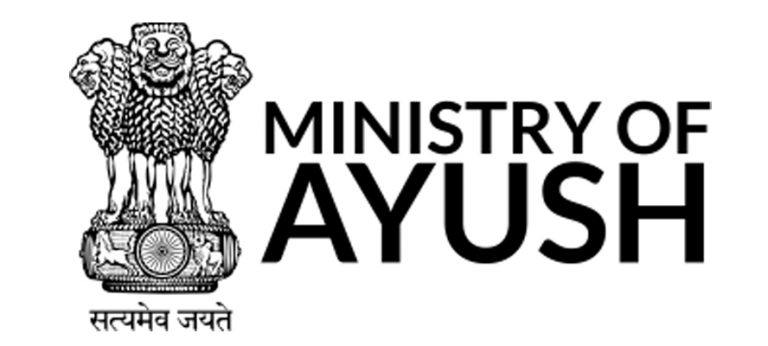
UG Module 9 - Lesson 1
PHYSIOTHERAPY

EXPLANATORY NOTES
DEFINITION
The definition of Physiotherapy provided by the World Confederation of Physical Therapy (WCPT) is as follows “the services to individuals and populations to develop, maintain and restore maximum movement and functional ability throughout the lifespan. This includes providing services in circumstances where movement and function are threatened by ageing, injury, disease or environmental factors. Functional movement is central to what it means to be healthy”
Physiotherapy / Physical Therapy can be explained as the science of treating people with special physical needs, to help them minimize and / or maintain their basic functional abilities like sitting standing, walking etc and minimize their condition from progressing as much as possiblei.
According to World Physiotherapy (a global body for 121 physiotherapy member organisations), physiotherapy / physical therapy is concerned with identifying and maximising quality of life and movement potential within the spheres of promotion, prevention, treatment / Intervention, habitation, and rehabilitation.
According to Australian Physiotherapy Council, physiotherapy involves the holistic approach to the prevention, diagnosis and therapeutic management of pain, disorders of movement or optimisation of function to enhance the health and welfare of the community from an individual or population perspective.
According to Canadian Physiotherapy Association, the heart of physiotherapy profession is understanding how and why movement and functions take place. Physiotherapy is anchored in movement sciences and aims to enhance or restore function of multiple body systems.
In simple words Physiotherapy can be explained as the branch of medical science that aims to restore proper functioning of the disabled or injured body parts. The utility of physiotherapy can be explained in different fields such as follows:
- Reducing Pain – Pain is one of the most important factors that can resist and individual in doing his daily / day to day activities. Physiotherapy or Physical Therapy in the form of therapeutic exercises (mobilization). Ultrasound, taping, electrical stimulation etc has the capability to reduce pain. They even have the ability to prevent pain from returning.
- Surgery – Post Surgical rehabilitation is the most important aspect of physical therapy. After major surgeries, it is very much essential for the patient to get back in shape in order to do his daily activities, that too without any dependence. And physiotherapy can help to achieve independence for the patient.
- Mobilization – Patients who are unable to perform basic activities such as standing, walking or moving can be advised physiotherapy. Exercises such as Stretching and Strengthening exercises help to regain the lost / diminished functions of the body parts.
- Stroke Rehabilitation – Stroke occurs when the blood supply to any specific part of the barian is interrupted / reduced. As a result of which, paralysis is seen as the most common symptom of stroke. This is also the most common leading cause of long-term disability in different countries. The rehabilitation of a stroke patient should from start from the hospital itself and physiotherapy plays an important role mainly therapies such as stretching exercises, strengthening exercises and other occupational therapies.
- Sports Injury – Different sports when not performed / played with care can result in a variety of injuries. And accurate example for that if the stress fractures for long distance runners, shoulder dislocation of volleyball players. Physiotherapy can help you to understand the risk of injury in various sports activity and help design programs for the appropriate prevention and in case recovery in case of an injury.
- Improve Balance and prevent falls – physiotherapy can help us train in specific manoeuvres that can quickly restore the proper vestibular functioning and reduce and eliminate symptoms such as dizziness or vertigo.
- Disease management – Physical therapy plays an important role in rehabilitating patients suffering from various diseases such as
- Cardiovascular diseases (Eg: Stroke)
- Pulmonary Diseases (Eg: COPD, Pneumonia)
- Postural Disorders (Eg: Scoliosis, Flat Neck)
- Degenerative disorders (Eg: Alzheimers disease)
- Bone and Joint problems (Eg: Osteoporosis, Artirtis)
- Spinal cord disorders / injuries (Eg: Sciaticta)



